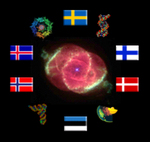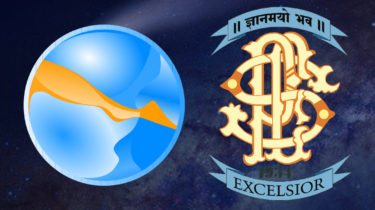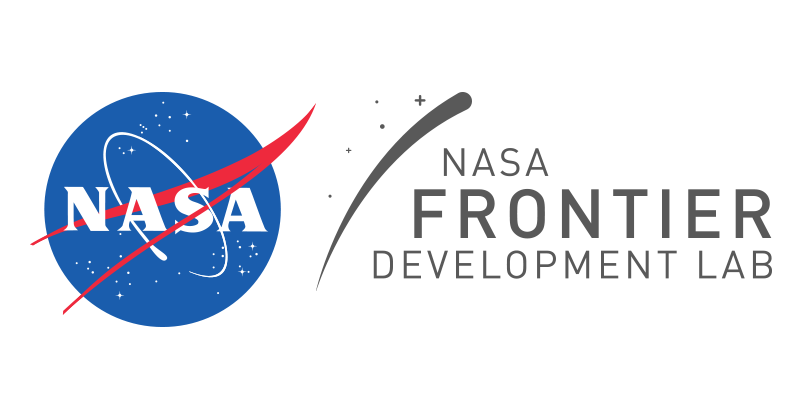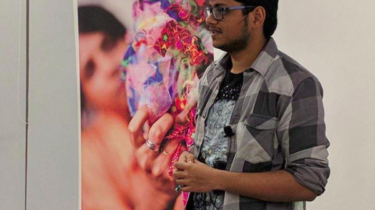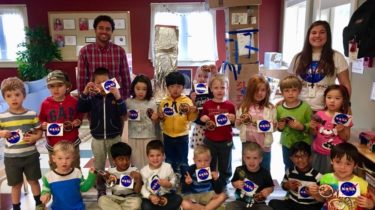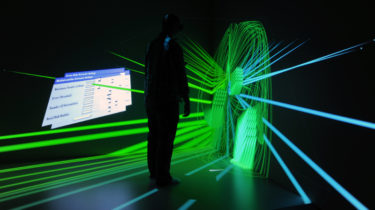Upcoming Conference: Impacts and their Role in the Evolution of Life, Sweden, June 2019
Next summer (10-13 June) in Tällberg, Sweden, the Nordic Astrobiology Network, Stockholm University, Lund University, and the European Astrobiology Campus are holding a conference on “Impacts and their Role in the Evolution of Life“. Topics covered by the conference will include the role of impacts in the early history of the Solar System, the characterization of impactors (asteroids, meteorites, comets, etc.) and impact sites, the role impacts could have played in the emergence and evolution of life, and possible threats to […]
Read more
